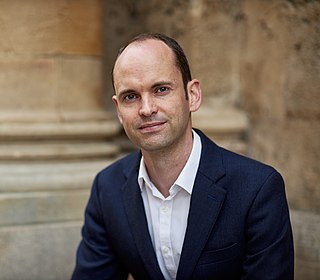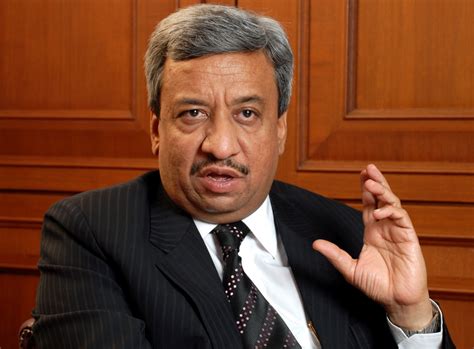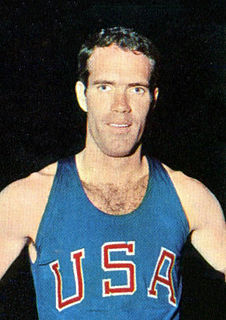A Quote by Peter Singer
I just don't think that the differences you make by donating to a museum or an art gallery really compare to the differences you make by donating to the charities that fight global poverty.
Related Quotes
You look at Donald Trump and Ben Carson and you can see the people supporting them are small donors, the people I always call the ones who make the country work. Certainly not rich corporate CEO types, and these are not people that expect some sort of issue oriented payback. They're donating because of enthusiasm, ideas. The corporate donors are donating 'cause they want policy in return.
There is a risk of death associated with donating a piece of liver. It's about one in 500 for the risk of death. The risk of death of donating a kidney is about one in 3000, so this is a riskier operation than donating a kidney. The stakes are usually higher for the recipient of the transplant because unlike kidney failure, where you have a dialysis machine, in liver failure we don't have that kind of machine that allows a patient to survive until they can get a cadaver organ.
One of the big myths about philanthropy is that it's all about donating funds for a cause. I like to look at it quite differently. Philanthropy is about 'giving' - not just in monetary terms but also in non-monetary aspects, like time, ideas, or being a volunteer. Donating money is just a small part of philanthropy.
Valuing differences is what really drives synergy. Do you truly value the mental, emotional, and psychological differences among people? Or do you wish everyone would just agree with you so you could all get along? Many people mistake uniformity for unity; sameness for oneness. One word--boring! Differences should be seen as strengths, not weaknesses. They add zest to life.









































